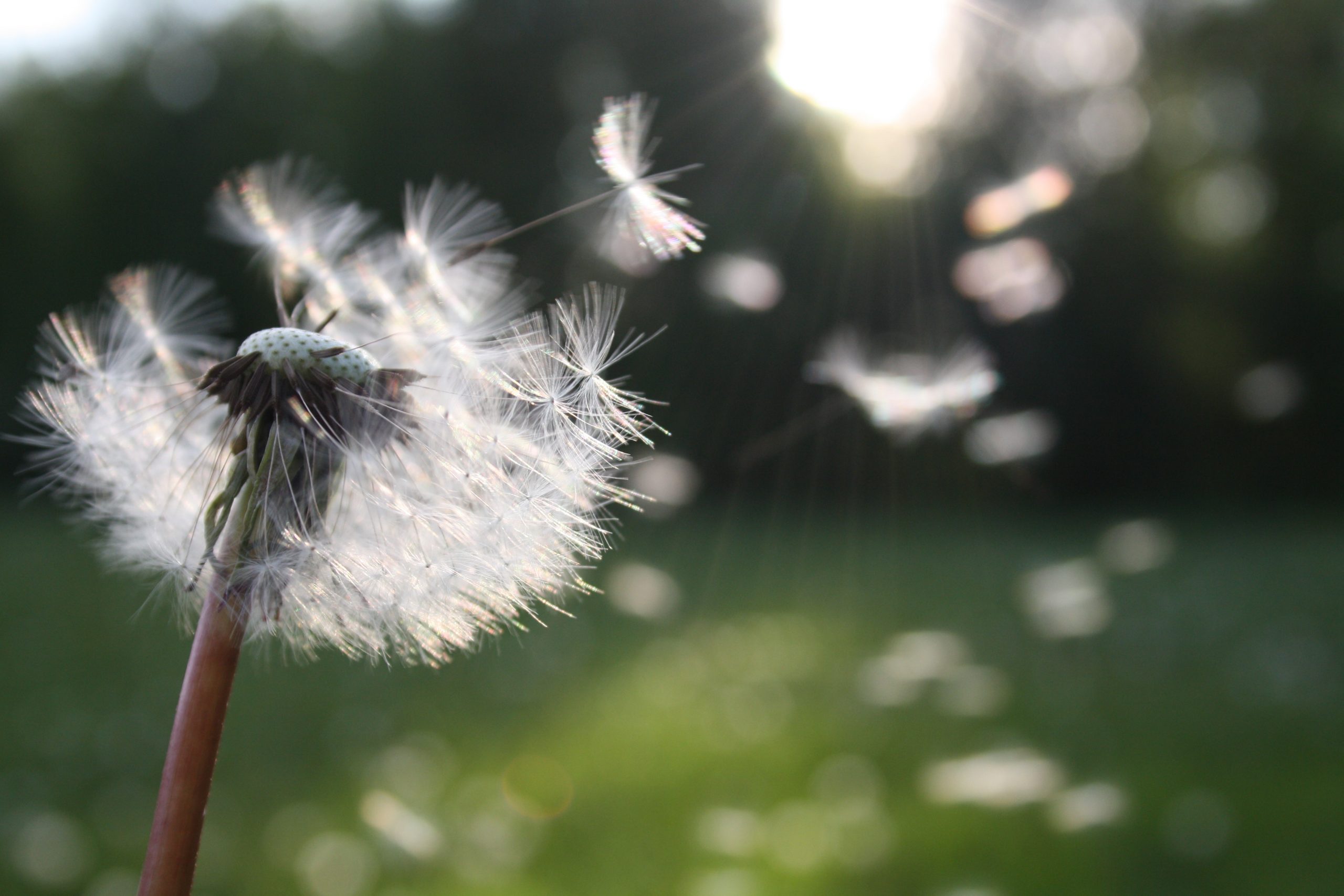It all started while I was doing my graduation. I had a severe confrontation with sneezing, irritable eyes, and sinus that continued for more than 20 days during the spring season. Things went back to normal soon after. The next year during the same phase, I started to witness the same allergic reaction and this time for more than a month. It seemed agonizing, as even the anti-allergic medicines prescribed by my physician didn’t seem to work. I got myself tested for the allergy (prick testing) and it came out to be a Pollen allergy, precisely ragweed allergy.
That was when I discussed with our family doctor more about allergy, various allergens, and how to manage them.
What are Allergens?
When our immune system reacts to “certain substances” in the environment (pollen, dust) or in the food, it triggers an allergic reaction. These foreign substances (which are usually harmless) are referred to as Allergens. Our immune system takes time to build up a hyper-sensitivity towards a specific allergen, and to attack that allergen, it starts producing antibodies. Thus, when a person comes in contact with these allergens, they develop an allergic reaction, in the form of sneezing, Sinuses, nasal congestion, itchy throat, skin allergies. And the severity here depends on person to person.
Like I developed an allergic reaction when I was exposed to ragweed and it only became severe the next year. Allergens are everywhere, out in the environment, and even indoors. Most common forms of allergies are:
- Dust and Pollen allergy
- Food allergy (Peanut, egg, milk products)
- Drug allergy
- Insect sting allergy
- House dust mites, mold allergy
- Pet dander allergy
- Paint allergy
What I understood from my example was that, in any kind of allergy, limiting our exposure to allergens is very important.

How to manage an allergy?
The first action needs to be, spot the allergens in your home, and stay healthy. If you are living with allergy-like me, you probably know the basic precautions. But that would not be enough in many cases, as there could be other hidden allergy triggers. Recently, my mom (who is also allergic to dust and pollens) got herself tested and she was found allergic to Mustard, Sesame seeds. This once again prompted that it is imperative to spot the hidden allergens.
Spotting the Indoor Allergens:
Indoor allergens can make our life miserable in our very own house. Various studies have revealed that Indoor Air quality can degrade up to 10 times of the outdoor air quality.[Ref1]
Dust mites, mold, pet dander, insects (cockroaches), wall paint, Stuffed toys, damp areas, soft furniture, cleaning agents are just a few examples of possible indoor irritants. Due to the lack of sufficient ventilation, irritants inside become concentrated and can trigger allergy very easily.
- Spot the probable allergens
- Limit your contact with these airborne allergens
- Use HEPA filter vacuum to vacuum your house
- Get organic cleaning agents
- While using cleaning agents, ensure that there is a good ventilation
- Try to keep humidity levels low, using a dehumidifier. Keep a check on the damp areas and fix all leakages.
https://www.instagram.com/p/CBzyiGOFNSN/?utm_source=ig_web_copy_link
Outdoor Allergy :
Pollen and dust allergy:
If you’re symptomatic towards weeds and pollens, get yourself tested and minimize your outdoor activities during spring and late summer months.
- Wear a disposable mask, if you need to make outdoor visits
- Bathe and wash your hair after you return indoors.
- Close the windows and doors so that pollens don’t mix with indoor air
- Dry your clothes inside on cloth dryer
But if spotting the right allergen becomes difficult, visiting a doctor should be the first choice. When my allergic reactions peak, I go for non-sedative antihistamines, as prescribed by my allergist. You can also do that as per your consultation.
Finding out allergens can be time-consuming with a lot of self-experimentation. But with time and with the right consultation, your action towards spotting the allergens in your home and staying healthy, should be successful.
Know more about allergies and their management here.
Disclaimer: The views expressed in the blog content are independent and unbiased views of solely the blogger. This is a part of the public awareness initiative supported by Sanofi India. Sanofi India bears no responsibility for the content of the blog. One should consult their healthcare provider for any health-related information.

I got so much clarity about respiratory allergens from you. This was very useful
I feel it is essential for people to identify their allergens early. It can help them take measures to avoid the worst reactions later
It’s really important to know the allergies and how to overcome them. Glued to your page to know all about how to be #AllergyFree
Dust and pollen allergies are common and really hurtful too. It’s best if people can take allergies seriously. Also understanding how to get rid of allergens will help you lead a healthy life. #AllergyFree
Yes actually we need to find out the allergy causing agents and avoid getting in contact with them as much as possible. you suggestions about using air purifier and dehumidifier are worth implementing.
#allergyfree
Knowing about what they are allergic too ,helps in the long term management of allergies.
Indoor allergens are the most difficult to identify and they affect the most. Your shared a lot of useful information through your post, I will check the link too.
This is really insightful ! People often feel that their house is clean and yet have allergies to a lot of things. Indoor allergens are the reasons they need to understand and your blog post tells about it perfectly.
A very detailed, informative and helpful post about an Allergy and how to handle it. We can be #AllergyFree is we seek the right medical guidance.
You have informed about almost all types of allergens in the post. And this is the best time to educate people about these allergens. Thanks for sharing this information.